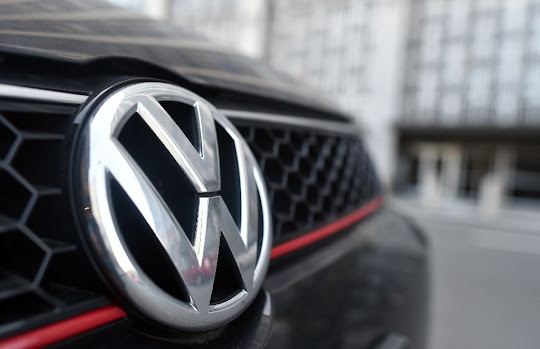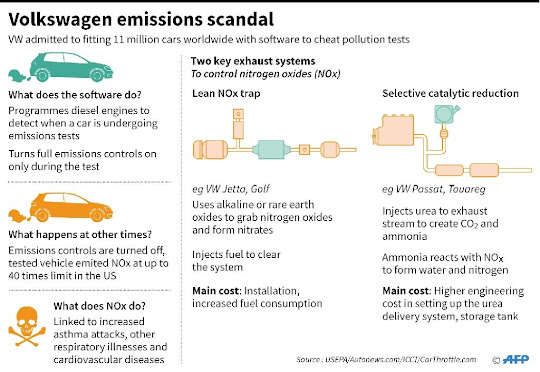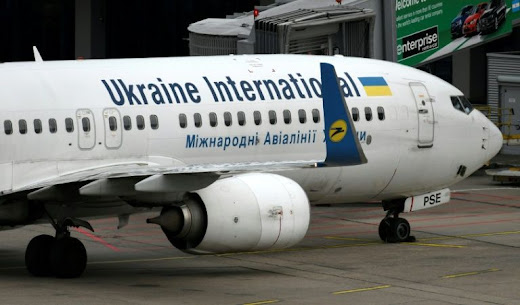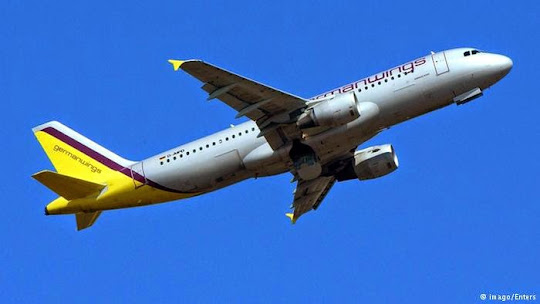BBC News, By
Karishma Vaswani, Jakarta, 20 November
2011
 |
| Indonesians can now afford to spend more money on their expensive hobbies |
It's just
past dawn on a Monday morning and the streets of Jakarta are still and quiet.
It is a
vast contrast to what this city of 12 million is like during the day, when the
roads are packed with cars and motorcycles buzz around the streets.
Only the
sounds of the call to prayer, wafting through the suburbs and slums of the
capital of the world's most populous Muslim nation, breaks the silence.
In Jakarta,
there's no time to breathe. The stresses of work and life are felt deeply by
some in the country's middle classes.
But some
have found novel ways to unwind.
Adrianka, a
digital imaging artist who runs his own successful business in Jakarta, is one
such person.
A couple of
times a week, the 27-year-old and his friends hit the back streets of Jakarta
to relax - by going mountain biking.
He works in
the advertising industry and is always rushing to meet deadlines. It's an
expensive sport - but he thinks its worth it.
"The
first I was shopping for bicycles, I thought even spending $500 was too
much," he says as he takes a break from the rigorous morning bike ride.
"But then I tried my friends bicycles that cost more - and they felt very
comfortable."
"So I
kept buying more expensive bikes - because the more they cost, the better they
are. When my parents heard how much my bicycles cost they said I was crazy. But
my work is very demanding - so I need this hobby to let off some steam."
Posh bikes
Foreign
bicycles were rarely seen in Jakarta's shops just over a decade ago.
But now the
latest models from Europe and the US are becoming increasingly common.
Most of the
bicycles on these roads are relatively inexpensive - but some Indonesians
willingly pay up to $5,000 for one.
Jimmy Lie
started a series of upmarket stores selling branded bicycles a few years ago,
because he recognised a growing trend amongst affluent and aspirational
Indonesians.
They were
taking to the streets on Sundays, to find some way of working out the stresses
of daily life and biking was becoming fashionable.
So Mr Lie
capitalised on the new expensive tastes of his consumers and is now in the
midst of opening another branch in the city.
Mr Lie says
Indonesians these days are far more exposed to what's going in the rest of the
world, and want to have access to the same standard of goods they see their
counterparts enjoy overseas.
"People
nowadays, they get a lot of their information from the internet, or from
watching the Tour De France," he says in between serving customers in his
busy store.
Growing
middle class
Just over a
decade ago, it would have been unthinkable for an average Indonesian to spend a
few thousand dollars on a bike.
Today
though Indonesia's middle classes are far more confident about the future.
Indonesia
has one of the fastest growing middle classes in the region - up from 80
million five years ago to 130 million now.
That's more
than half of this country's 240 million strong population.
 |
Not all parts of Jakarta are experiencing a boom
in living standards |
And that
number is expected to grow - by 2020, many think that Indonesia's middle class
will be wealthier than many in Asia.
Indonesia's
economy has been one that has managed to continue to grow, despite bumps in the
global economic environment.
Largely
insulated from the troubles overseas because of strong domestic demand,
economists say Indonesia will see growth rates stay stable or possibly even
rise next year, at a time when many in the region are cutting their growth
forecasts.
All this
has meant Indonesian consumers are feeling far more confident about their
prospects than ever before.
They
consistently rank as some of the most optimistic in Asia about their economic
future.
And you can
see signs of that all over the streets of Jakarta these days - but especially
on Sundays.
The local
government has made some Sundays in a month a car-free day - an opportunity for
Indonesians to get some fresh air after a busy week at their desks.
Indonesia's
next generation has the ability and the desire to spend money on what it wants
and not necessarily what it needs.
Not so
lucky
But while
the future may look bright for some Indonesians, for others not much has
changed at all.
In the
district of Menteng Dalam, just outside one of the poshest areas in Jakarta,
life still moves at a much slower pace.
Tiny shacks
are packed densely against one another, and people living in them spill out on
to the streets.
The strong
economic growth that is so visible just a few kilometres away has yet to touch
this part of Jakarta.
Sewi, 62,
has lived here for the last two decades.
He has
owned his tattered, worn out and old fashioned bicycle for just as long.
 |
| Sewi says he prefers to look after things from the past |
Even if he
wanted to he wouldn't be able to buy a new one - he just doesn't have that kind
of money.
"I've
always liked old bicycles like this," he says as he tinkers with his rusty
old machine.
"I'm
not tempted by newer models. The young generation - they like to change their
bicycles all the time and throw the old ones away. But I like to look after
things from the past. "
Sewi
doesn't understand how some young Indonesians are so eager to spend their hard earned
cash.
He's from a
generation that still remembers the hard times here. Millions like him have yet
to taste the benefits of growth.
Indonesia's
future generations need to ride the waves of prosperity for this country's
economic rise to be considered a true success.














